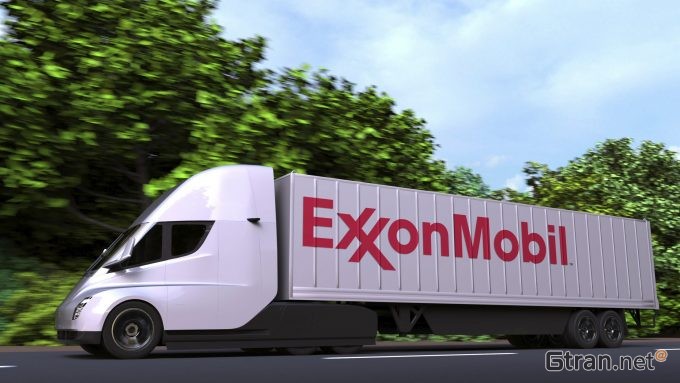Forwarders have warned that too much oxygen in the sustainability debate is being “sucked up by brand management” and kowtowing to big shippers without actioning real change.

Several forwarder sources told The Loadstar the majority of their customers had not shown any “real demand” for sustainable services when there was not a performative element to it.
“Some exceptionally ESG-type companies that make it part of their marketing to be clean – think Patagonia – are demanding greener supply chains,” one forwarder said.
“However, the average importer has zero concern in this space. I think it will only come onto the radar of these forwarders and shippers if (or when) countries start implementing some sort of carbon border adjustment mechanism.
“If an importer sees importing costs increase substantially as a result of this, they will certainly become interested in lower-emission cargo movement.”
But in general, the perception from SME forwarders was that shippers tended not to “really care” about emissions in their supply chains where there was a disconnect between them and the end customer. While one acknowledged sustainability was “becoming more important” others agreed it was less to do with environmental concern and more an exercise in “brand management”.
A forwarder operating in South America told The Loadstar: “My customers show little to no interest in sustainability yet, and in the cases where we have offered it as a differential, the first question has always been about costs and the second about longer service times.”
Forwarders have said that such is the disconnect between the news and social media coverage of sustainability drives and the reality that they are seeing, that it is hard to get beyond a belief that “greenwashing” drives discussion but generates very little actionable change.
In the European Union, at least, action appears to be being taken to tackle a rise in vague and misleading claims of green practices.
Secretary general of the European Shippers Council Godfried Smit said: “Greenwashing is a subject that the EU-legislator has acted upon, and the implications of companies being blacklisted are simply too big to deal with. Many companies realise this and are already taking measures to prepare for this legislation.”
Close to 75% of products on the market make green claims about their supply chains, but the EU said over half of these were “vague, misleading or unfounded”, with close to 50% of 230 ‘eco labels’ available having weak or no verification procedures. Under the new rules, there will be minimum requirements for companies claiming green practices and eco labels.
Mr Smit told The Loadstar he thought there was scope for forwarders to take a more assertive role in the green movement, suggesting they simply limited their transport offerings to the most sustainable mode.


